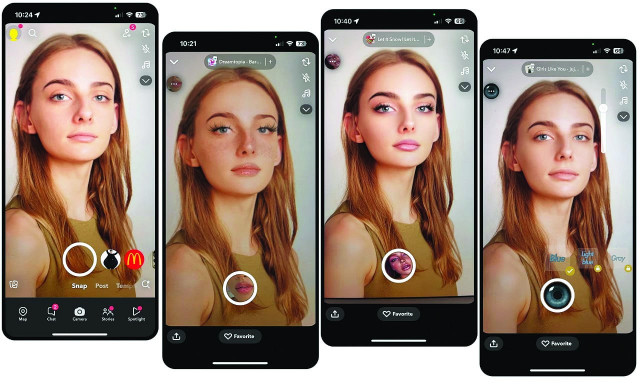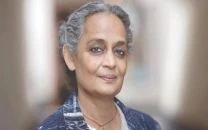Minors can't fake it anymore
TikTok bans beauty filters for users under 18

TikTok is employing new security measures by no longer letting those younger than eighteen years old use beauty filters, reported Guardian. The restriction stems from a place of concern over body image issues.
This change is being implemented for filters that drastically alter a person's face, far exceeding even the limits of makeup. However, comic filters will remain available for the platform's young users, thereby keeping the fun.
The detrimental effect of beauty standards on impressionable minds is undeniable. Moreover, social media cultivates trends and appearance idealsthrough filters and picture-perfect capturesfor adolescents who are eager to hop on the bandwagon and experiment with what might be considered cool.
Owing to that fact, new fads often birth unrealistic standards of beauty, from the slim figure to the "clean girl" look, that establish stringent conventions that discourage bodily differences.
The "bold glamour" filter has especially proved effective in influencing users looking for a feature that enhances their appearance without leaving any traces of whether a filter is being used or not. Due to this beautification factor, concerns are being raised around if children should be exposed to these features at all.
Although many social media platforms do not allow individuals under thirteen to make an account, tweens (aged between nine and twelve) are a prevalent demographic on these applications. According to a report by Ofcom UK in 2022, children ranging from ages three to seventeen are exposed to media usage, regulated and otherwise.
The beautification filter's frightening resemblance to real appearance has become a cause for concern as it is affecting how users see each other, with some deeming themselves "ugly", as per Guardian. Therefore, TikTok has decided to block users under thirteen from the platform overall.
The application removes 20 million underaged users every year. Now, new automated systems are set to be launched with simulated trials to pick out those falsifying their ages to sign up. This has been prompted by renewed strictness in the UK over underaged use of social media with regards to the Online Safety Act.
"We're hoping that this will give us the ability to detect and remove more and more quickly," said Chloe Setter, who leads the policy on child safety for TikTok, further acknowledging that this could be "annoying" for users who do qualify to make a profile. However, these potential users are allowed the chance to contest the machine-learning system.



















COMMENTS
Comments are moderated and generally will be posted if they are on-topic and not abusive.
For more information, please see our Comments FAQ